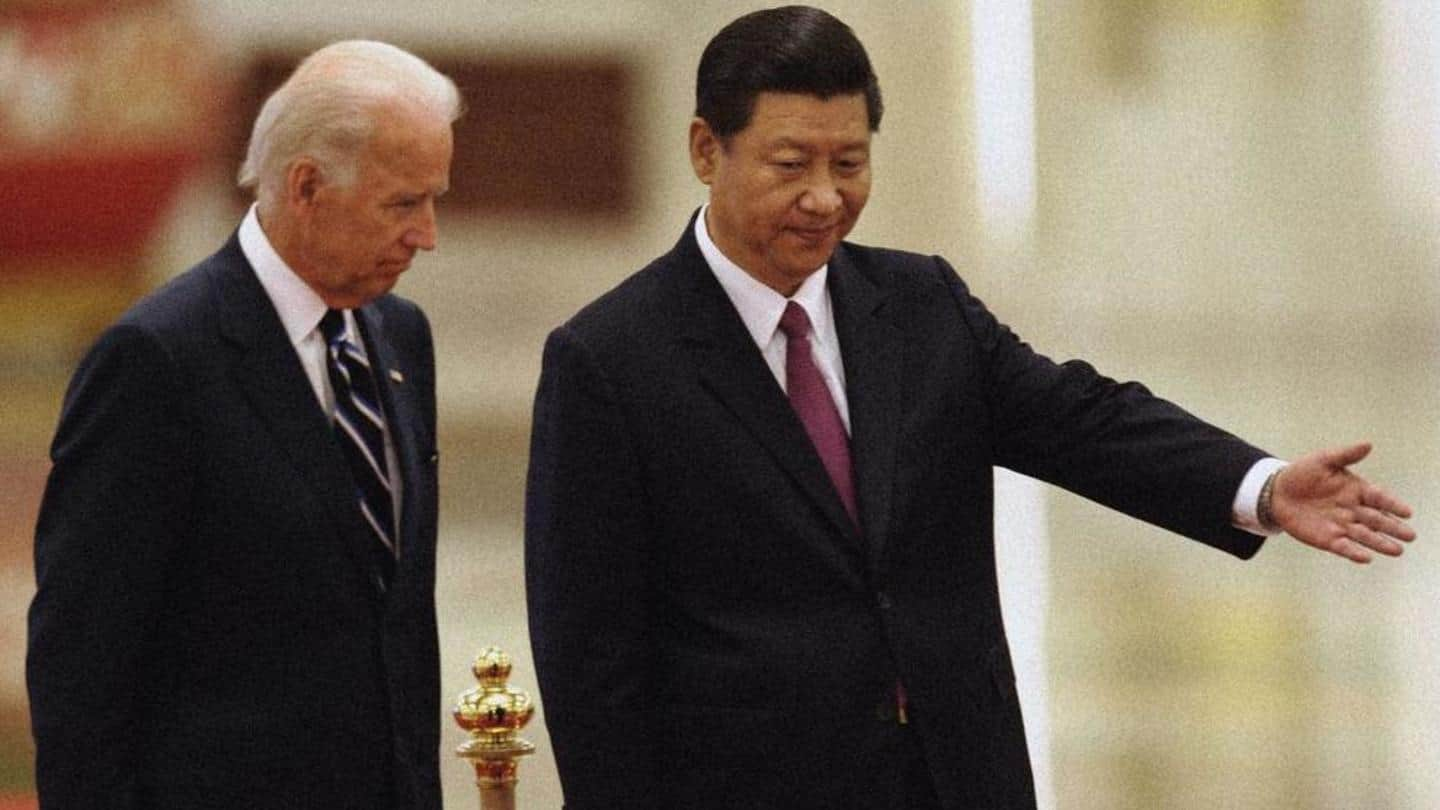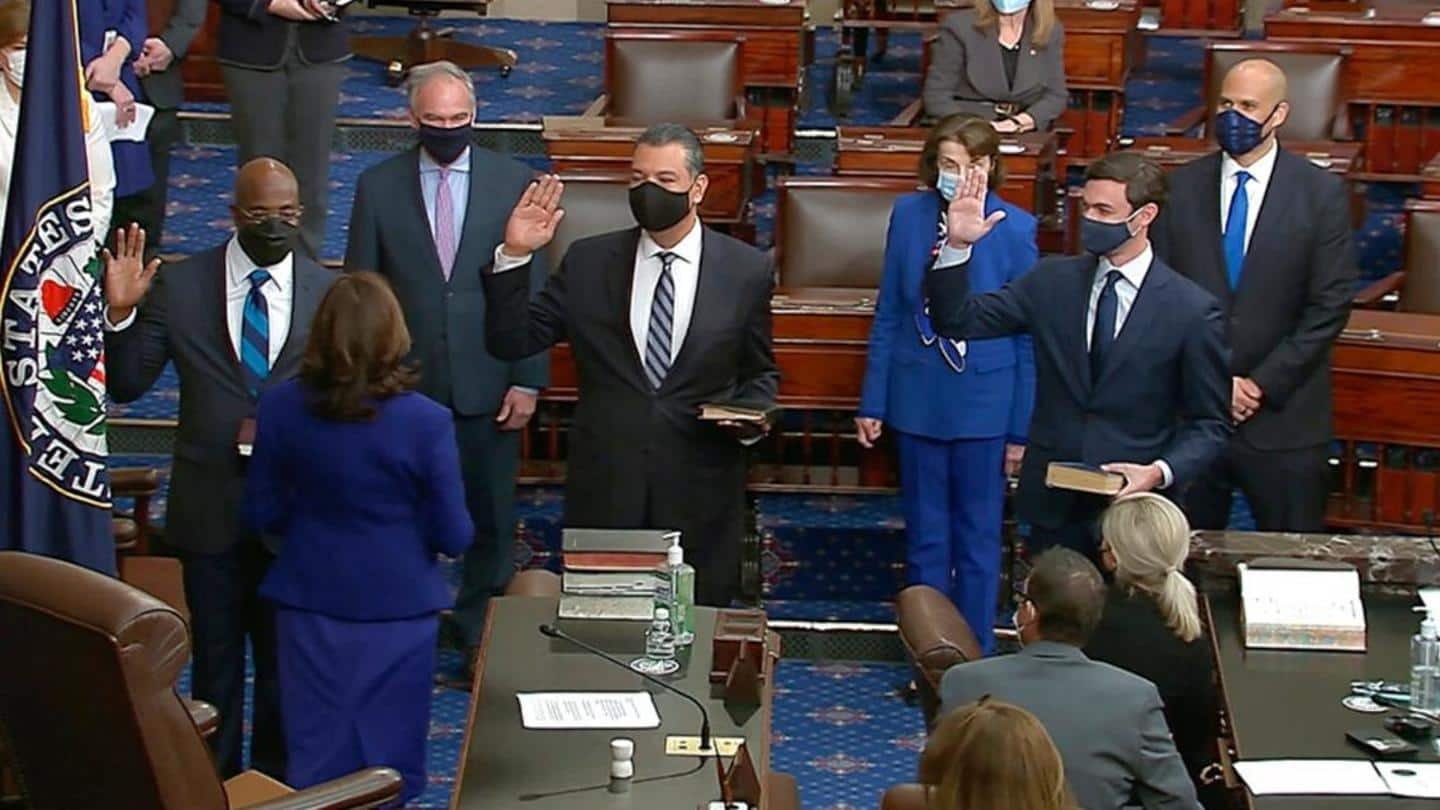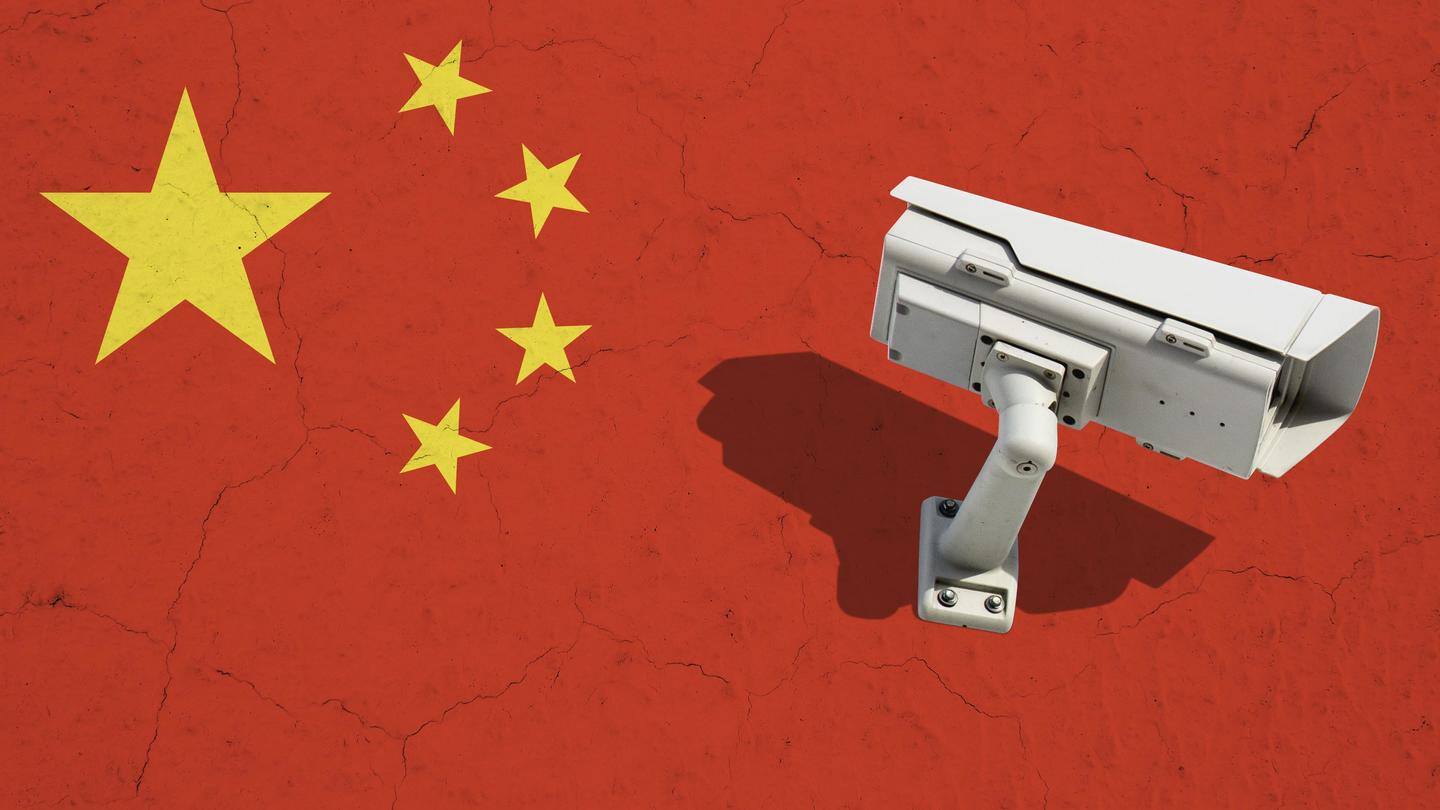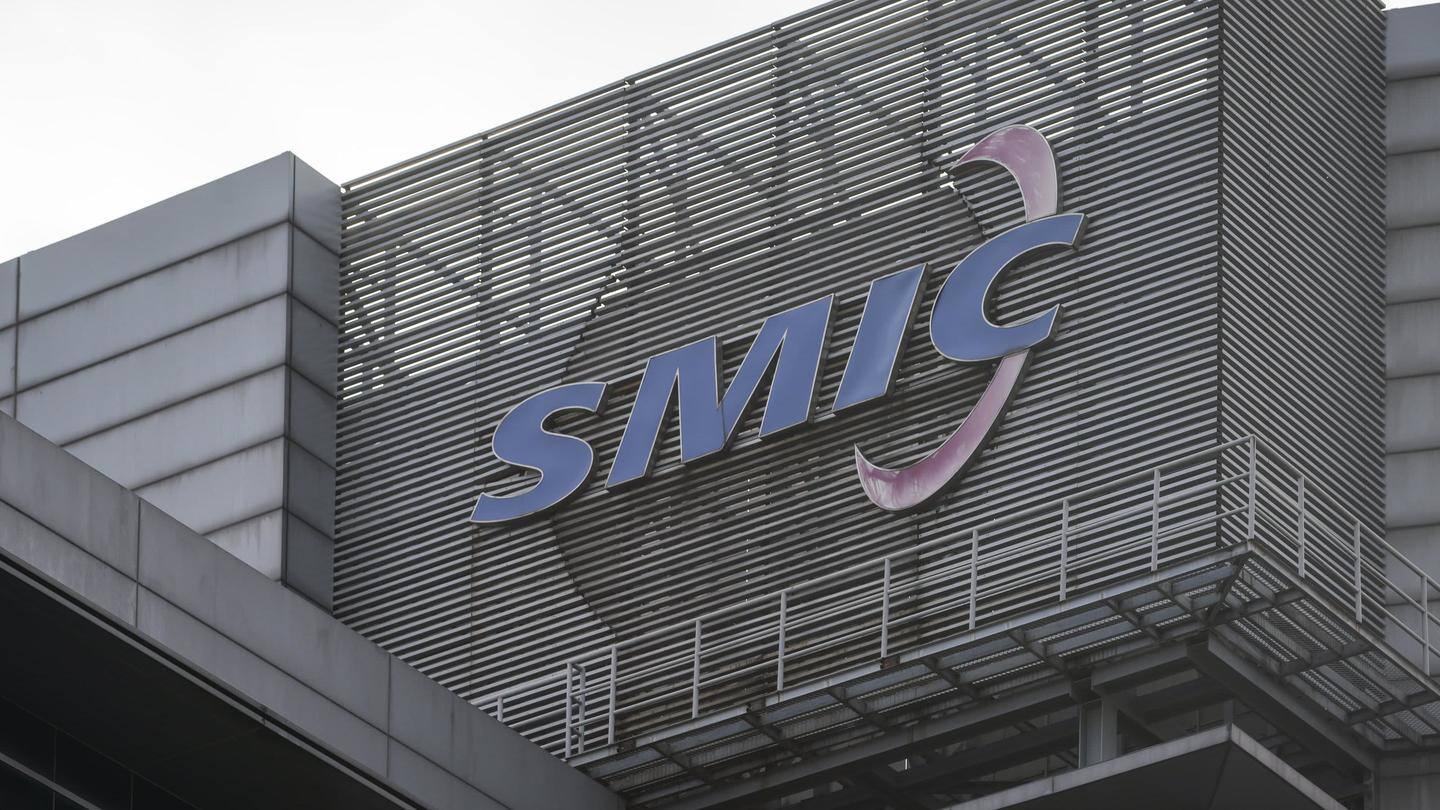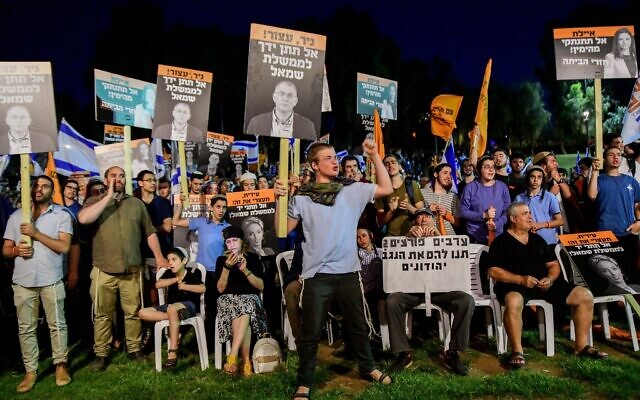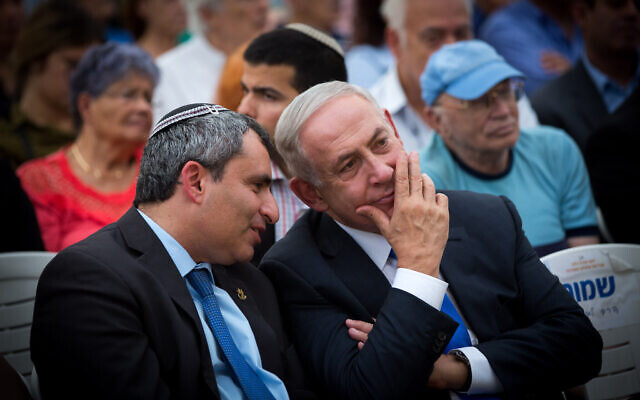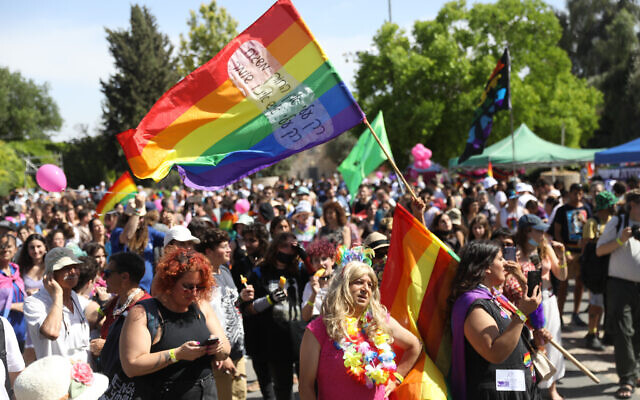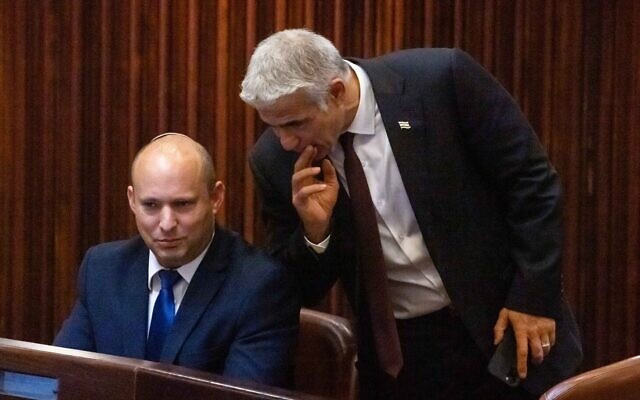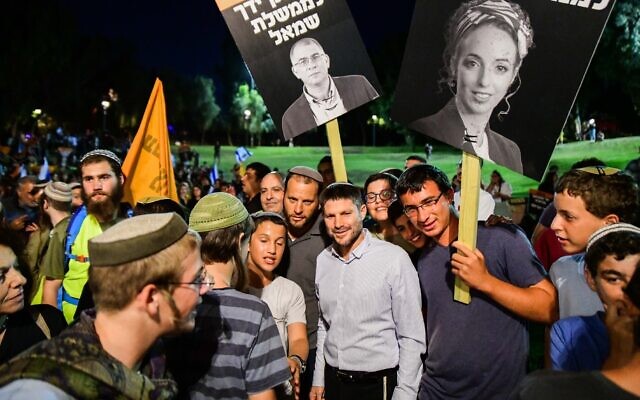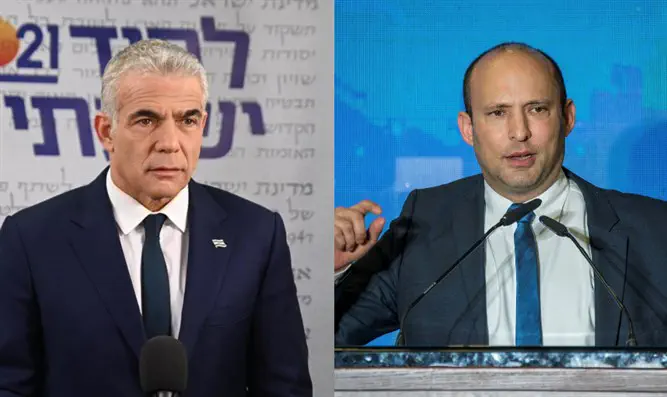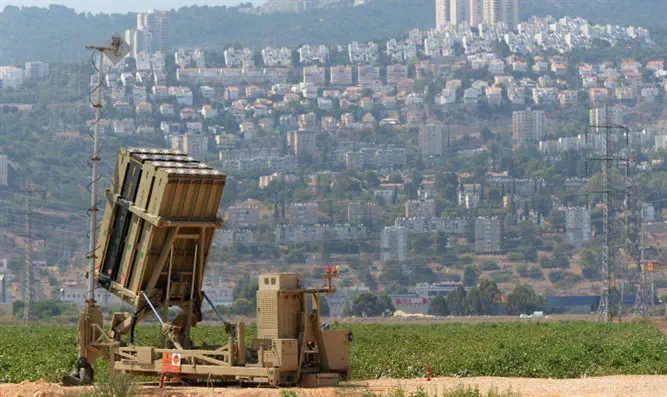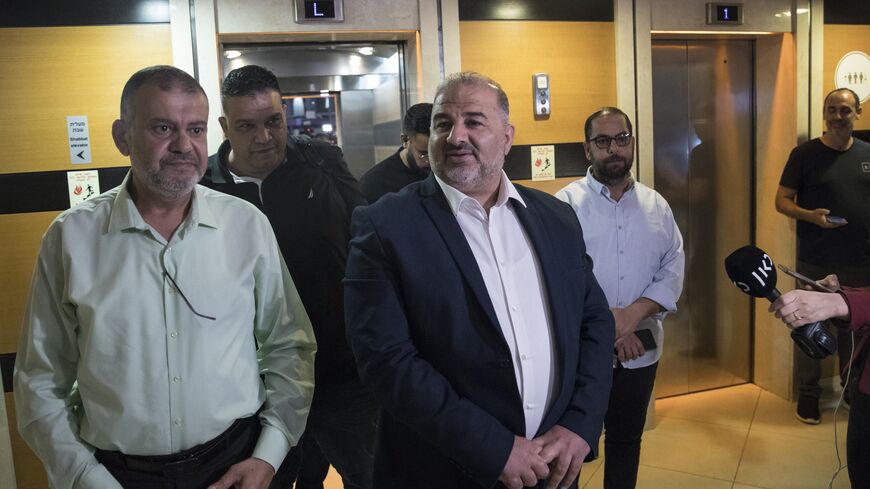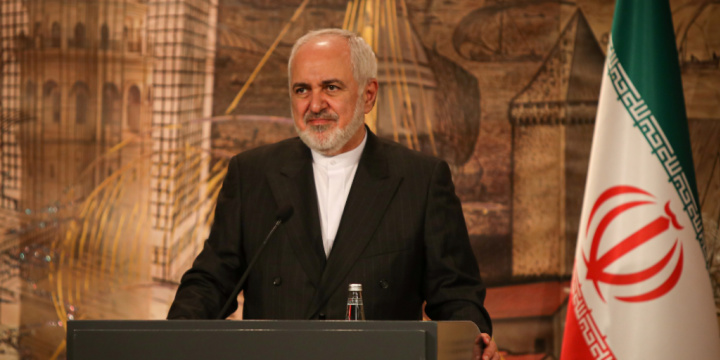IRISH TROOPS returning from UN peacekeeping duty in South Lebanon have spoken about their experiences as Palestinian groups traded shots with Israeli armed forces.
The 117 Defence Forces personnel were on duty in the war-torn region when the hostilities broke out.
The troops took shelter in bunkers at their base near the town of At Tiri, known as Going into Groundhog, as rockets were fired from Palestinian groups and Israel responded with artillery.
Speaking to The Journal, commanding officer Lt Colonel Fred O’Donovan, Lt Commander Nessa Moloney, Lt Shay Byrne and Trooper Conor Nolan-Kelly spoke of their experiences on deployment.
They arrived in the East Mediterranean country in November and returned home to quarantine this week.
Lt Col O’Donovan, a native of Howth, is officer commanding of the 117th Infantry Battalion. He’s one of the Irish Defence Force’s most experienced officers having served in missions in Afghanistan, Chad, Kosovo and Brussels.
Lt Col O’Donovan said the atmosphere in South Lebanon was fraught with tension.

Lt Col Fred O'Donovan who was commanding officer of the Irish mission.Source: Irish Defence Forces
The country is dealing with the fallout from recent hostilities combined with the devastating impact of Covid-19 and a deeply troubling economic meltdown in Lebanon.
“The general situation in South Lebanon in our area of operations, which is south of the Litani River, it’s tense but calm.
“Our purpose there is primarily to keep the peace and to ensure that The Blue Line, which is the demarcation line between Lebanon and Israel, remains intact, but also to protect the local population, which would be the primary purpose for us,” he said.
The commanding officer said that his troops carry out this work with patrols and interactions with the locals – but the global health crisis greatly impacted those operations.
“Our primary issue out there was Covid-19. When we arrived the number of cases in the local area was around 300 a day, and in the apex of our trip would have been about 7,000 a day.
“So if you compare those to Irish figures, they’re extremely high,” he said.
Precautions were taken for the troops who were continuing to patrol the area and monitor activities.
“In Lebanon at the moment the economy is extremely bad. What we were trying to do was decide with the locals, what they needed.
“A year ago before Covid they would have had different ideas of what they needed for their villages, maybe electricity or things like that.
“What they need now is medical equipment. And they also, because of the hyperinflation, what they needed was farming equipment, because they were returning to farming.
“We would try to buy them farming equipment or set up farming procedures and give them medical equipment as required,” he explained.
All the personnel we interviewed spoke about the importance of the humanitarian work helping the local community. But the tensions in the region disturbed that aspect of their mission.
“The Palestinians in the Palestinian refugee camps in Lebanon decided to fire on to Israel.
“Once that happens, what would normally happen is Israel would respond with fire, like for like.
“So we ended up in the middle between the Israelis firing back and the Palestinians firing into Israel,” he said.
Those Palestinian refugee camps are close to the city of Tyre, some 30 kilometres away on the coast from the main Irish base.
The rockets being fired were towards the Israeli border some 25 kilometres by road to the south.
The procedure for such engagements was for troops to don their body armour and helmets and take shelter in bunkers. Lt Col O’Donovan said that the situation was not as bad as previous engagements, particularly during his first deployment to the area in the 1990s.
The region is still disturbed with tensions only waiting to erupt. The Lebanese and Palestine are both in a state of barely contained hostilities with Israel. Not to mention that Syria, and the city of Damascus, is just 40 kilometres from the Irish base.
This area has been in a steady state of war for not just decades but for millennia and although the names of the players change, the challenges for those stuck between the factions are as fraught as ever.
 Trooper Conor Nolan-Kelly from Kildare was on his first deployment overseas.Source: Irish Defence Forces
Trooper Conor Nolan-Kelly from Kildare was on his first deployment overseas.Source: Irish Defence Forces
Those with boots on the ground and patrolling the arid hills of South Lebanon included Trooper Nolan-Kelly and Lt Shay Byrne.
Trooper Conor Nolan-Kelly, 27, from Kildare was on his first overseas deployment. The father of one is in the army and works in the 1st Armoured Cavalry Squadron based in the Curragh.
He said that he did not know what to expect on the trip but explained that Covid-19 had completely changed the normal course of such missions.
“Initially on arriving there was a little bit of culture shock. Landing in Beirut and thinking that it is somewhere you’d almost go on holiday.
“And then travelling down to the camp and just seeing how drastically changed it was from the north to the south of the country, and how different it was from home. I’ve never been outside of Europe before this trip,” he explained.
Trooper Nolan-Kelly also spoke about when the firing started in their area of operations and said that everyone remained calm as word came over the radio to take shelter.
“There wasn’t really any major feelings of excitement. Just kind of follow the process. And I think we all felt it was more a precautionary measure rather than we were in direct danger as such.
“It is just to be better safe than sorry, and it’s good to see the our command making sure everyone stays safe at the same time,” he said.
For Lt Byrne, 26, from Athlone, Co Westmeath, it was about putting into action the lessons he learned in the Army’s cadet school.
The highlight of his trip was being posted to outpost UNP 6-52 for eight week with 29 troops from November 2020 to January 2021.
He paid tribute to his platoon sergeant, Sgt John Coyle, who helped him adapt to the environment on his first deployment.


